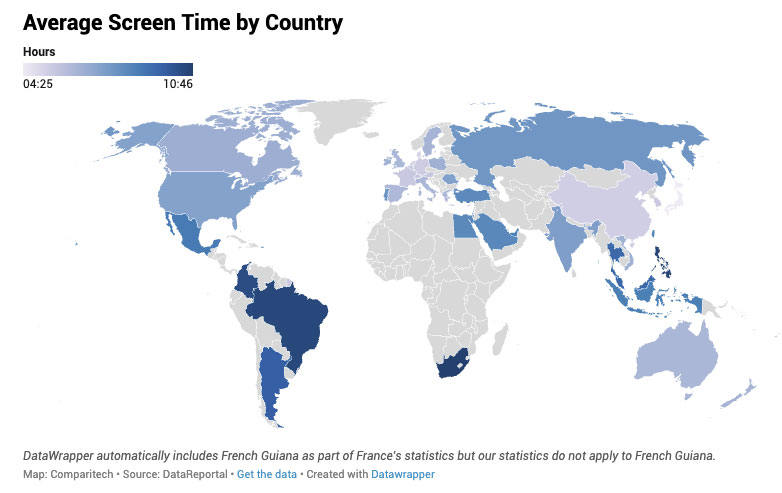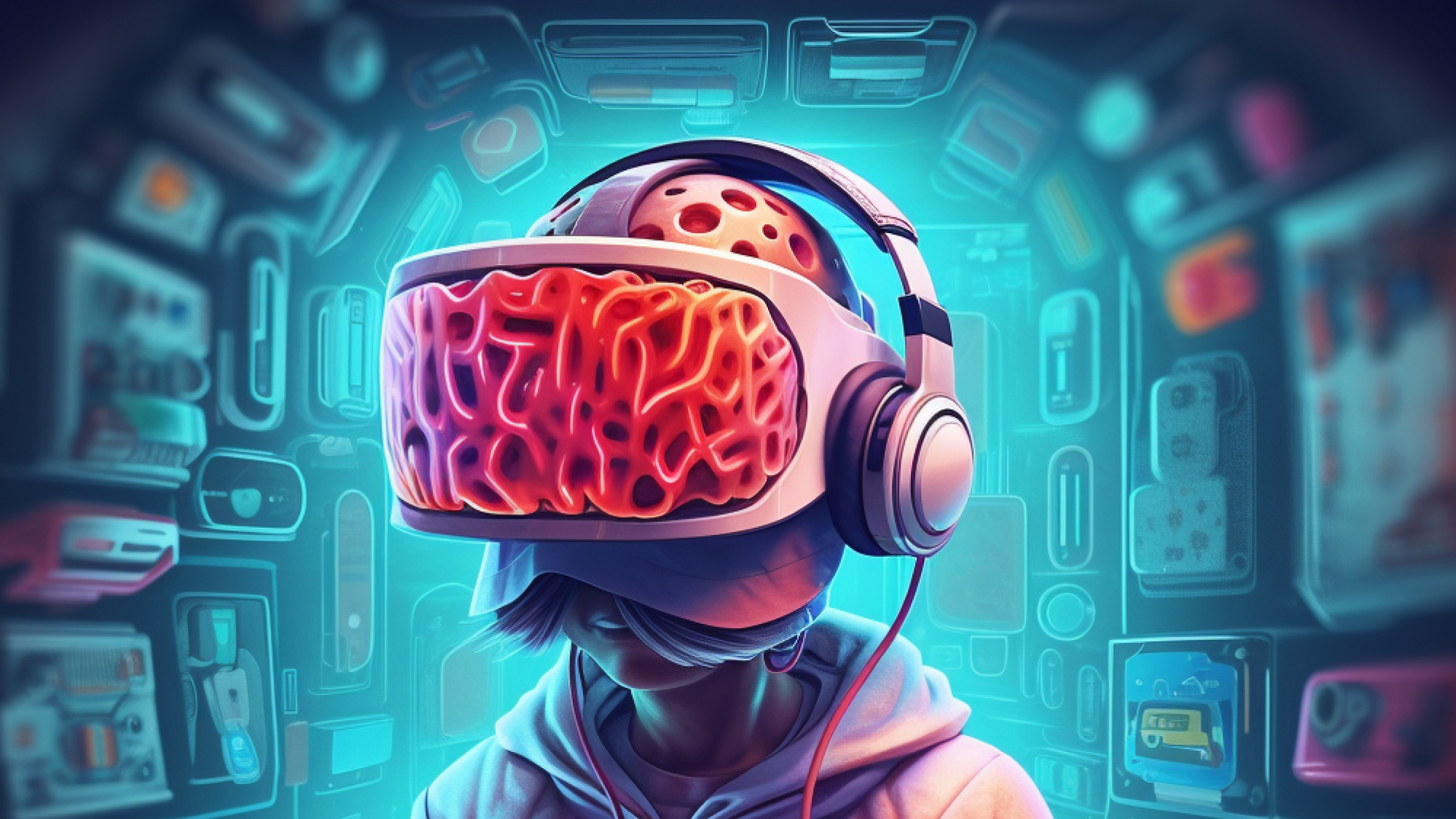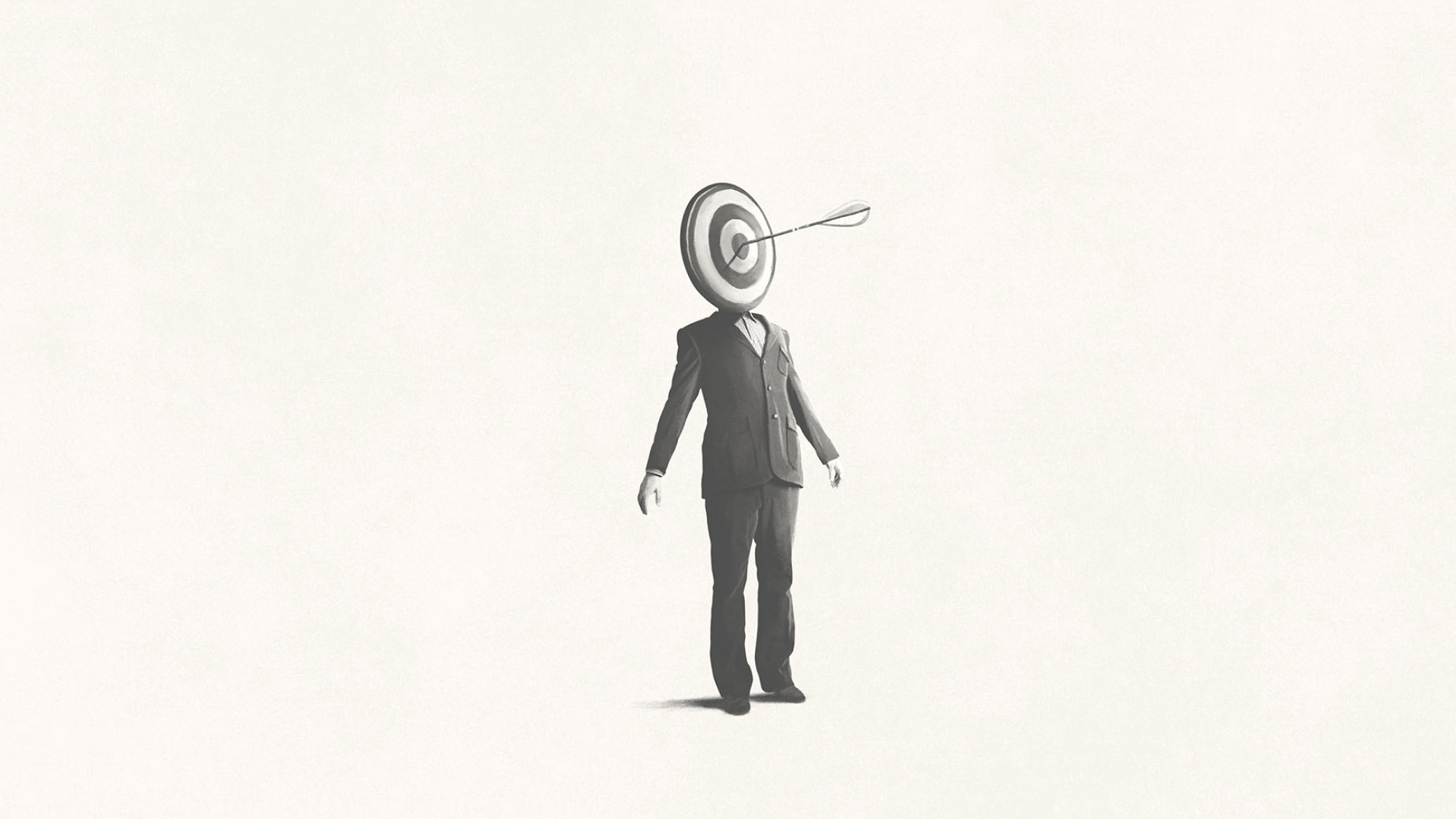
Think about the given scenario: you sit at your desk, ready to get started with whatever task and just about a few minutes in, you find yourself leaning over to look at your phone. Suddenly, you look up and 30 minutes have already gone by without anything really being done.
Today, this happens to so many of us, as we’re living in an age of countless temptations, more distracted than ever before.
According to a study done by researchers at Harvard University, our minds are lost a whopping 47% of the time. We’re either stuck lingering in the past or contemplating on the what-ifs of the future.
While this may appear harmless, dwelling over regrets of that which has passed can trigger feelings of sadness and depression, all the while focusing too much on the future can cause anxiety from uncertainty.
Stuck to our screens
It goes without saying that we are stuck to the screens around us. From our computer screens, tablets, and smartphones, there aren’t too many households these days — globally — where the black screen of temptation is around us.
According to data from DataReportal, the average person is spending close to 7 hours each day, staring at a screen — worldwide. Half of this period is spent on the phone while the remaining is on the computer. And during that period, we’re either mindlessly scrolling through social media or simply streaming a show, song, etc.
Based on 2022 cell phone usage data, the average American was seen to be checking their phone at least 344 times a day, or roughly once every 4 minutes. It’s the first thing we do when we wake up, with 71% of us checking it within the first 10 minutes of waking up, and 74% noting that they can’t leave home without it.

The increase in remote work has also played a part, but in particular, the pandemic has caused children’s screen time to increase dramatically, according to a study from Anglia Ruskin University.
This is happening on a global scale as well, as 90% of children from Canada were seen to have increased screen usage time, far exceeding the recommended two-hour daily limit. On the other side of the world, children in Tunisia had increased screen time by 111 percent. In the US, children under the age of 15 had doubled their screen time to an average of 7.7 hours, doubling that of the time spent before the pandemic, which was 3.8 hours.
Why our brains were designed to be distracted
But is it all just technology’s fault?
Well, some scientists believe not entirely.
Research is coming out that the very nature of how we perceive the world is designed in a way to work on bursts of focused attention, instead of an uninterrupted stream of continuous consciousness.
Even while we think we are focused on something, our brain is in fact zooming out of attention, scanning our surroundings to see if there is something else that is more important, and honing back in.
“The brain can’t process everything in the environment. It’s developed those filtering processes that allow it to focus on some information at the expense of other information.”
— Ian Fiebelkorn, an associate research scholar at the Princeton Neuroscience Institute (PNI)
We think of reality as a continuous streaming movie, but these are all tricks that are brain plays on us. Instead, it seems that our brains are alternating between different rhythms, an idea first discovered by Prussian psychiatrist Hans Berger, 100 years ago.
The research from Princeton Neuroscience Institute indicates that these brain rhythms are alternating between two mental states of focus and distractibility. When the wave of this rhythm is at its peak, our perceptual sensitivity is at its lowest, while as the wave hits the bottom, our ability to focus is highest.
“Neural activity goes up and down in a regular periodic way, with everything vibrating together. It is faster for automatic stimulus and slower for things we choose to pay attention to.“
— Earl K. Miller, Neuroscientist
How to concentrate better
So what can we do about all these distractions?
For one, we can start adopting better habits to ensure that we’re mitigating the likelihood of getting distracted and ultimately concentrating better. Some of the habits below are just examples of ways we can set ourselves up for success by how to concentrate better:
- Breathe better — Believe it or not, a lot of us may be breathing incorrectly. This is unsurprisingly considering that we’ve never really been told how to properly breathe at a young age. Yet, by breathing better and deeper, we can create a more balanced tempo throughout our body, which thus helps to maintain healthier levels of oxygen and carbon dioxide throughout. Deep breathing increases the airflow into the body and helps oxygen enter the bloodstream better. According to Niraj Naik, founder of Soma Breath, better breathing helps to stimulate the cerebral cortex, which is crucial for memory, attention, perception, cognition, and consciousness.
- Learn to meditate — There are plenty of benefits to meditation, but one of them is that it can actually change the structure and function of the brain, according to researchers at Columbia University. From reducing stress and anxiety to improving memory and attention span, meditation helps to quiet the noise in and around us — allowing us to refocus on what matters.
- Adapt productivity hacks — Productivity is not something that just happens. It is something we must shape and build. By searching up and learning about different time-management techniques, we can learn to hack our productivity. For example, the Pomodoro technique is one popular method for getting our brains to focus, as it involves spending short intervals of time on a given task (usually 25 minutes). While this may not seem that much, doing this repetitively can amount to greater productivity and focus, without exhausting the brain.
- Sleep the right way — There is plenty of research on the benefits of sleep. For one, getting the right amount of deep sleep can help improve learning and memory. The less sleep we have, the less optimal our attention is, and as evident from countless research, effective attention is what leads to better concentration.
- Environmental design — No matter what we do, our environment shapes us more than we’d like to believe. As such, if we aren’t setting ourselves up to be successful, even in the environment we’re in, then there is a higher chance of failing at whatever we choose to do. This is why learning to design our environment carefully and thoughtfully is so important.










